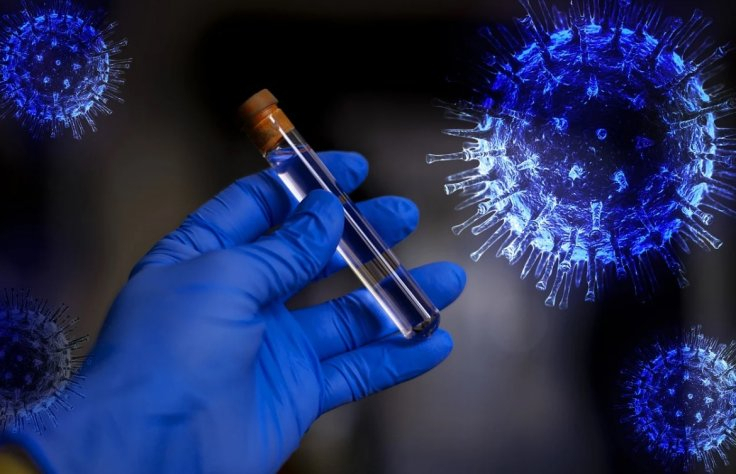High doses of antiviral drug favipiravir can reduce novel coronavirus load, new research by Belgian scientists found. The researchers also observed the much-touted and controversial drug hydroxychloroquine had no effect in reducing the virus levels.
Scientists from KU Leuven Rega Institute conducted the research on hamsters since they develop lung pathology similar to humans infected with the coronavirus. The researchers wanted to test existing drugs to find out their efficacy against Covid-19. The findings were published in the Proceedings of the National Academy of Sciences.
For their experiment, the researchers infected the hamsters with novel coronavirus by inserting a high dose of the virus into their noses or placing a healthy hamster next to an infected one in a cage. Some hamsters were given hydroxychloroquine and others were given favipiravir.
Four days after treating the hamsters, the researchers found that those who received hydroxychloroquine were still infections and their viral load did not decrease. However, the viral load of hamsters that were on high doses of favipravir was reduced drastically. The researchers also found that low doses of the antiviral drug did not have the same effect.
"The high dose is what makes the difference. That's important to know because several clinical trials have already been set up to test favipiravir on humans," Professor Leen Delang, one of the study authors, said, adding that more research was needed to find out how humans react to high doses of favipiravir. "In the hamsters, we detected hardly any side effects."

Study author Suzzane Kaptein explained that since the hamsters were given favipiravir shortly after being exposed to the novel coronavirus, the drug can be used prophylactically. The researchers, however, were cautious about the general preventive use of favipiravir because it was not yet established whether the long-term use of the drug, especially at a high dose, has side effects in humans.
"If further research shows that the results are the same in humans, the drug could be used right after someone from a high-risk group has come into contact with an infected person. It may likely also be active during the early stages of the disease," Kaptein said.
What is Favipiravir?
Favipiravir is an antiviral medication used in Japan to treat influenza. Japan approved favipiravir in 2014 for stockpiling against the influenza pandemic.
Healthcare experts said oral administration of the drug could be a valuable option for curbing outbreaks in elderly people living in long-term care facilities. Countries such as India and Russia approved coronavirus therapies using favipiravir.
'No Serious Adverse Effects'
No cases of serious side effects were found in Covid-19 patients who were given favipiravir-based treatment, Russian healthcare ministry said on Friday. The ministry also said that three phases of clinical trials showed that favipiravir-based therapy was safe and effective.
"According to the legislation, the oversight of pharmaceuticals is performed by Roszdravnadzor [the Federal Service for Surveillance in Healthcare]. No cases of serious adverse side effects of the use of the preparations were registered in our country," Healthcare Ministry aide Alexey Kuznetsov said.








